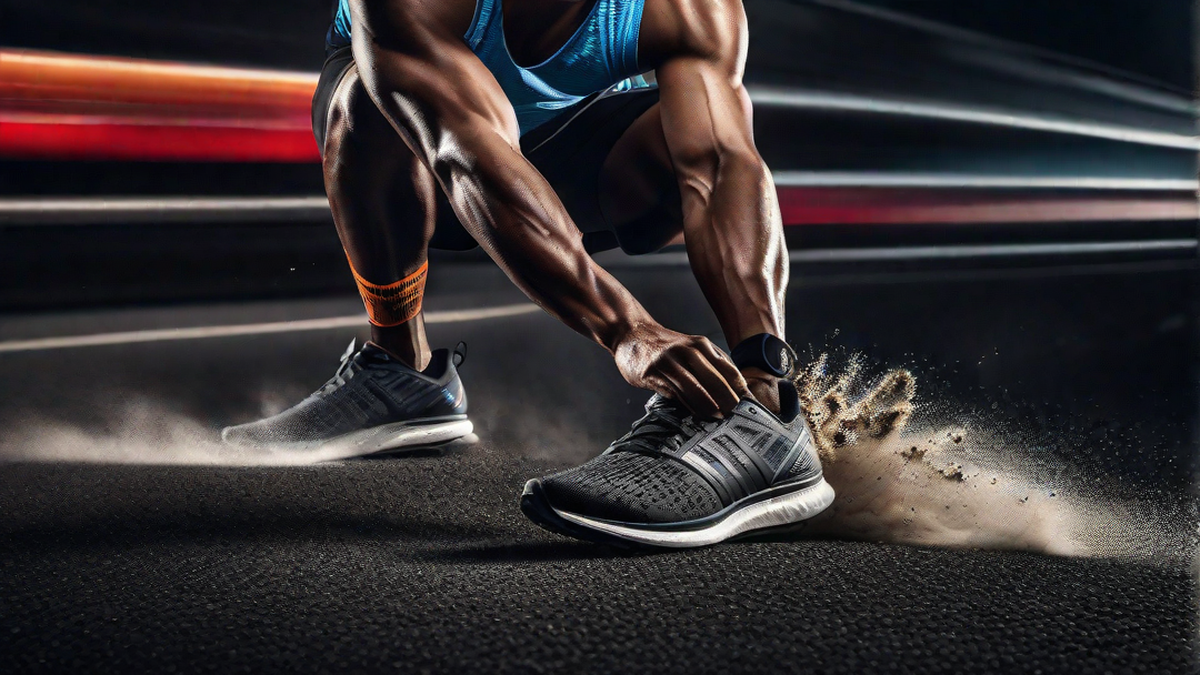When it comes to running, every little detail matters. From your form to your breathing technique, every aspect of your running can affect your speed and performance. One key factor that often gets overlooked is the type of shoes you wear. Believe it or not, the shoes you choose to run in can have a significant impact on your running speed.
The Importance of Footwear
Before we dive into the specifics of how shoes affect running speed, let’s first acknowledge the importance of wearing the right footwear. Your shoes are your primary connection to the ground when you run. They provide cushioning, support, and stability, all of which are crucial for optimizing your performance and preventing injuries.
When it comes to running shoes, there are various factors to consider, including cushioning, arch support, shoe weight, and flexibility. Each of these factors can influence how your feet move and how efficiently you can propel yourself forward. Let’s explore some of these aspects in more detail.
The Role of Cushioning
Cushioning is one of the most critical aspects of running shoes. It helps absorb the impact of each footstrike and reduces the strain on your muscles and joints. A well-cushioned shoe can improve your comfort, decrease the risk of injuries, and contribute to faster running speeds.
However, it’s important to find the right balance of cushioning. Too much cushioning can make the shoe feel bulky and slow you down, while too little cushioning can lead to discomfort and increase the risk of injuries. Personal preference and running style play a significant role in determining the ideal level of cushioning for each runner.
Arch Support and Stability
Another critical factor in running shoes is arch support. Proper arch support helps maintain the alignment of your feet and prevents excessive pronation or supination. Pronation is the inward rolling of the foot, while supination is the outward rolling. Both of these movements can affect your running efficiency and cause injuries over time.
Shoes with good arch support and stability features can help correct any imbalances and promote a more efficient stride. By providing the right amount of support, these shoes can help you maintain a neutral foot position and maximize your running speed.
Shoe Weight and Flexibility
The weight and flexibility of your shoes can also impact your running speed. Lighter shoes tend to require less effort to lift and move, allowing you to maintain a faster pace. On the other hand, heavier shoes can make you feel weighed down and slow your stride.
Additionally, the flexibility of your shoes affects how your feet move through each step. Shoes that are too stiff can restrict the natural movement of your feet and limit your range of motion. On the contrary, shoes that are too flexible may lack the stability necessary for optimal running performance. Striking a balance between flexibility and stability is crucial for maximizing your speed.
Conclusion
As a runner, it’s essential to understand the impact that shoes can have on your running speed. Finding the right pair of shoes that provide the right level of cushioning, arch support, and weight can significantly enhance your performance. Remember that everyone’s feet and running style are unique, so take the time to try on different shoes and find the ones that feel comfortable and supportive.
Next time you lace up your running shoes, keep in mind that the right footwear can make a world of difference in your running speed. Take care of your feet, choose your shoes wisely, and enjoy the benefits of running with optimal speed and efficiency.

